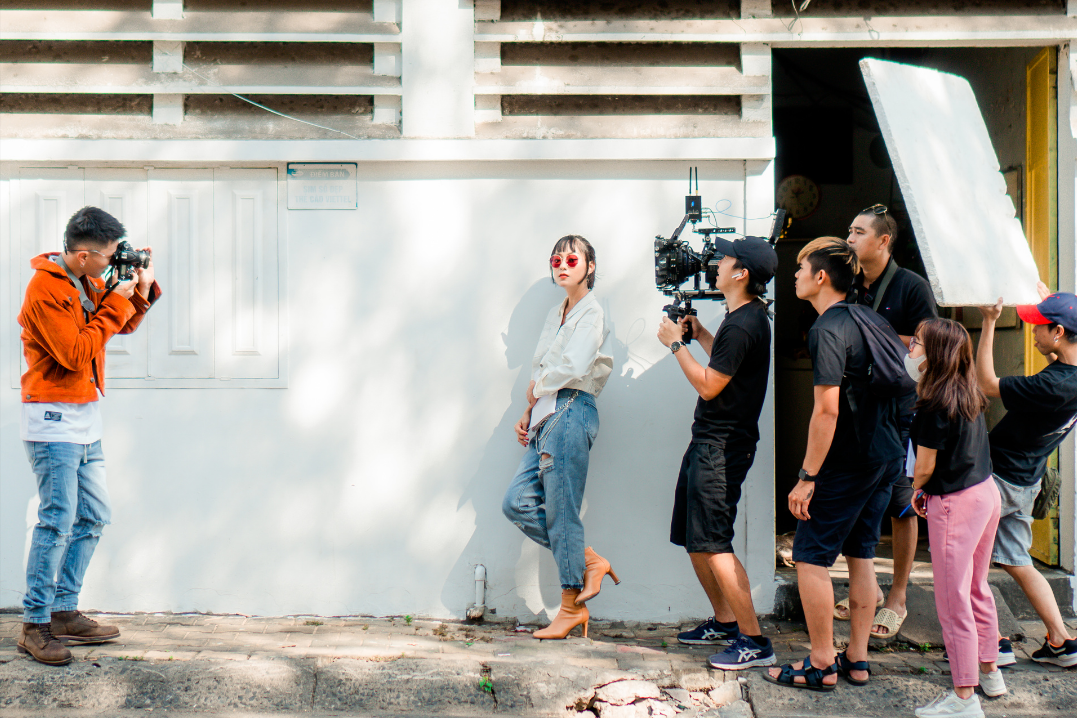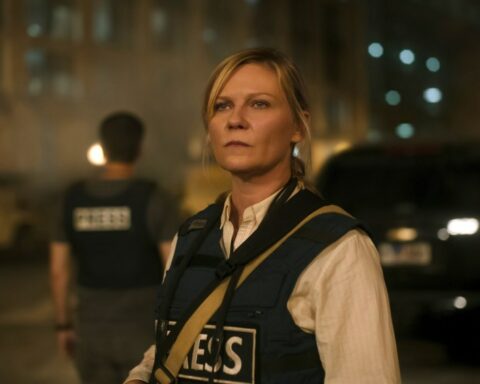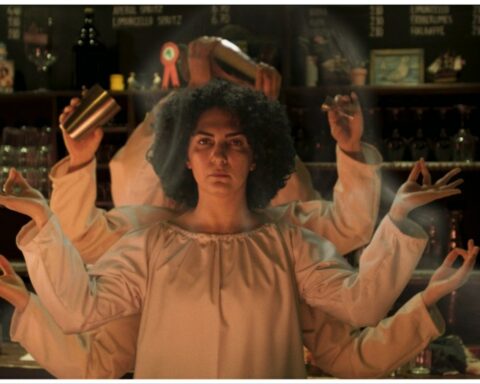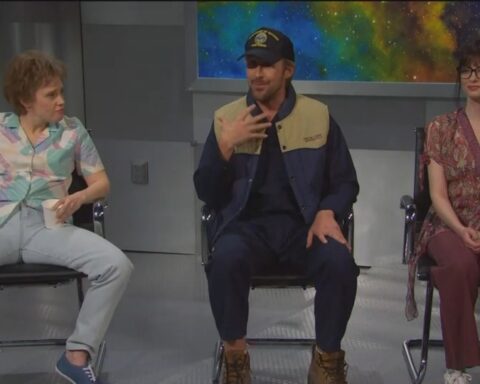Actors and Therapy
Do I need therapy? How much do I really need to know myself?
What do I need to be the most efficient and optimal human/actor?
This is a common question. It is also a question that is often overlooked or not even considered.
Most young actors are exceptionally good at dreaming, picturing, seeing themselves as the final product of the mythical creature that is the fulltime working actor. Showing up on set everyday for makeup before the big scene, doing an interview for E! News or swatting away paparazzi while you try and enjoy your coffee in peace and quiet….
Hold on a second. How do we get here?
Let’s go all the way back to the beginning, like, allllll the way back. Yup, that means hopping onto a shrinks couch and telling them EVERYTHING that you believe made you the person you are. You and a therapist working together is as powerful a tool to your acting arsenal as it would be if you were working with a director on developing a character for a project.
How’s that?
Think of it this way:
When you get a new piece of material, a monologue, an audition, a script, what is the first thing you do (or should do but don’t)? That’s right. Breakdown the character you are going to be working on. You do your homework, right? Find out or make a choice about everything you can think of for this character so you can understand their point of view of the world, their habits, their conflicts, their hopes and dreams etc. And the more you know the more well informed your choices that you make as that character will be. Right?
Well think of your time on a therapist couch as the exact same thing with the only difference being that you are the character you are studying. The more you know about yourself and why you are the way you are, think the way you think, feel the way you feel, the better you can navigate your own world. And more importantly, the more you know about why you may have developed some less than helpful habits (looking at all the self-sabotages out there) the easier it will be to correct that behavior.
Why is this important to play other people? Can’t I just use my imagination and skip all the money and hours I’ll spend talking about my childhood? Besides, I am not an unhappy person, I don’t need therapy. I think I know myself pretty well already. Ask me anything about me and I’ll tell you.
Sure, that might be true. But chances are that if you are indeed a well-adjusted, generally happy individual, first off, you are more than likely not in the arts and more than likely not reading this.
That might sound a little presumptuous and condescending, but follow me on this…
Another thing to consider as a reason therapy is invaluable for an actor is to think about Oscar winning moments on film. Who comes to mind? Daniel Day Lewis, Merryll Streep. Marisa Tomei? What do their outstanding performances have in common? I would venture to say that if you were to ask any of these actors a question about the character they were playing a the time they would not stutter on providing an answer.
Think about that for a second. Imagine being on the set of ‘My Left Foot’ and asking Daniel Day Lewis a question about Christy Brown. Do you think he would have to search for an answer or have one at the ready? The likely bet is he could probably give you Mr. Browns life story from the first perspective. Same with Abraham Lincoln I’m sure. Why? He done his homework. He absorbed all the information available about the character and with that information in mind, made specific choices about the character. And incidentally gave, in both instances, an Oscar winning performance. Same thing with Mrs Streep when she was working on Julie and Julia. I bet there was not a thing about Julia Childs she did not know.
How is this related to me crying on a couch, talking about the time I was let down by my parents when they did not make time to come see my 3rd grade production of Our Town?
It is relative because it had an impact on you, and that impact left a mark that developed into a character trait. Just like cerebral palsy had an impact on Christy Browns life which Daniel Day Lewis used to recreate his story and just like Meryl Streep would be able to tell you that Julia Childs favorite food was French Onion Soup or that she was a turned away from joining the army because she was too tall. #themoreyouknow
It is relevant because knowing yourself is probably the greatest tool any human can possess, especially an actor. It was obvious to the ancient Greeks and has always stayed relevant.
But let us go a touch deeper:
Something that inhibits creativity is fear. Fear inhibits pretty much everything. Do not get me wrong, we know that on a biological level, fear is a response to danger and that is a potentially life saving thing. Just like guilt helps maintain your moral compass. But when things like fear and guilt are internalized at a young age and you are not taught how to reconcile feelings you do not understand as a young person, the odds of developing a neurosis around that are far greater. This will interfere with your creative process in some way, you can count on that. Dr Bessel Van Der Kolk explains in his book, ‘The Body Keeps The Score’ that trauma is an experience that the brain has not processed and therefore whenever that memory is ‘triggered’ it is replayed as if for the first time. This can be as severe as reliving an incredibly traumatic event in your life or as innocuous as always leaving things till the very last minute and scrambling to meet a deadline.
Therapy helps identify your mental blocks and habits, it helps you understand yourself better and therefore have more compassion for your own story. It helps you be more vulnerable and open as a person, therefore as an actor too.
And when you have more information about anything it makes it easier to handle. Your own mind is no different in that way. So in between gigs or on your downtime, find time to study yourself, read old journals or morning pages from years ago, look at old clips of yourself, study yourself like a character in a play and when the time comes to work on something, you will have a pretty significant advantage and confidence in researching someone else.
Suggested reading material on this topic: Happy By Derren Brown, The Body Keeps The Score By Dr Bessel Van Der Kolk, The School Of Life By Alain De Botton, Daring Greatly By Brene Brown , The Family By John Bradshaw
Written By Peter Alexandrou







